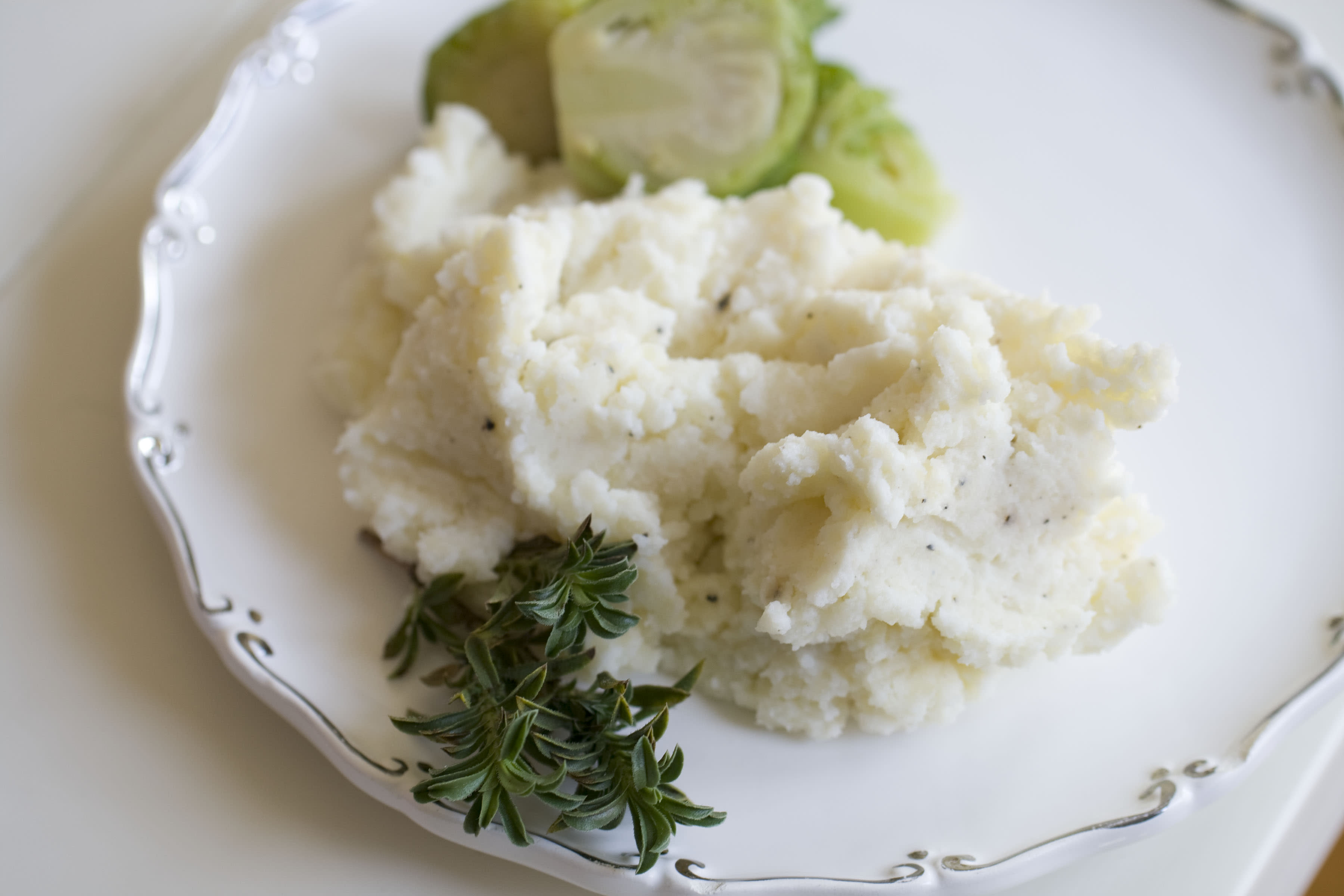

Articles
How To Store Mashed Potatoes In Fridge
Modified: May 6, 2024
Discover effective methods for storing mashed potatoes in the fridge with these helpful articles. Keep your leftovers fresh and delicious.
(Many of the links in this article redirect to a specific reviewed product. Your purchase of these products through affiliate links helps to generate commission for Storables.com, at no extra cost. Learn more)
Introduction
Welcome to the wonderful world of mashed potatoes! Whether you’re a fan of creamy and smooth or chunky and rustic, mashed potatoes are a beloved side dish that can complement any meal. But what happens when you have leftovers? How do you store those delicious morsels to enjoy later without sacrificing taste and texture? In this article, we will guide you through the process of storing mashed potatoes in the fridge.
Mashed potatoes are made by boiling and mashing potatoes, often with the addition of butter, milk, or cream. The result is a creamy and decadent dish that warms the heart and satisfies the taste buds. However, like most leftovers, mashed potatoes require proper storage to maintain their freshness and flavor.
It is important to note that mashed potatoes can be stored in the fridge for a certain period of time before they lose their quality. Improper storage can result in spoilage, discoloration, or a change in taste. But fear not! With the right knowledge and a few simple steps, you can extend the life of your mashed potatoes and enjoy them later.
So, why should you store mashed potatoes in the fridge in the first place? Let’s find out!
Key Takeaways:
- Properly storing mashed potatoes in the fridge preserves their safety, texture, and taste, ensuring they remain fresh and delicious for future enjoyment. Follow simple steps and tips to extend their shelf life and minimize food waste.
- Reheating stored mashed potatoes using various methods like microwave, stovetop, oven, or steamer can bring them back to their delectable state, allowing you to enjoy their irresistible taste even days after their initial preparation.
Why Store Mashed Potatoes in the Fridge?
Storing mashed potatoes in the fridge is essential for maintaining their safety, freshness, and taste. Here are a few reasons why you should store your leftover mashed potatoes in the refrigerator:
- Food Safety: Mashed potatoes, like any other cooked food, can harbor harmful bacteria if left at room temperature for too long. These bacteria can multiply rapidly, leading to foodborne illnesses. Storing mashed potatoes in the fridge slows down bacterial growth and helps keep them safe to consume.
- Preserving Texture: Mashed potatoes can quickly become watery or grainy if left at room temperature for an extended period. Refrigerating them helps maintain their creamy and smooth texture, ensuring that leftovers taste just as delectable as the freshly made dish.
- Preventing Spoilage: The fridge provides a controlled environment with lower temperatures, which inhibits the growth of spoilage-causing microorganisms. By storing mashed potatoes in the fridge, you can prevent them from going bad, allowing you to savor them for a few more days.
- Taste Retention: Mashed potatoes can develop off-flavors when exposed to air for an extended period, causing them to taste unpleasant. Refrigerating leftovers in an airtight container helps preserve their original taste and prevents them from absorbing any strong odors from other foods in the fridge.
- Convenience and Meal Planning: By storing mashed potatoes in the fridge, you can easily incorporate them into future meals. Whether you want to enjoy them as a side dish or use them in casseroles, soups, or other recipes, having your mashed potatoes properly stored allows for versatile and hassle-free meal planning.
Now that you understand the importance of refrigerating mashed potatoes, let’s dive into a step-by-step guide on how to store them properly.
Step-by-Step Guide on Storing Mashed Potatoes in the Fridge
Storing mashed potatoes in the fridge is a straightforward process that requires minimal effort. Follow these simple steps to ensure that your mashed potatoes stay fresh and delicious:
- Cool down the mashed potatoes: Allow the mashed potatoes to cool down to room temperature before you refrigerate them. This step helps prevent condensation and excessive moisture buildup in the container, which can lead to a soggy texture.
- Choose the right container: Transfer the mashed potatoes into an airtight container or resealable plastic bag. Make sure the container is clean and dry to maintain optimal freshness. Avoid using metal containers, as they can react with the potatoes and affect the taste.
- Smooth or Chunky: Consider whether you prefer your mashed potatoes smooth or chunky. If you enjoy a smoother texture, use a potato masher or hand blender to remove any lumps before storing. For those who prefer a rustic texture, you can leave the potatoes slightly chunky.
- Avoid overfilling the container: Leave some room at the top of the container for the potatoes to expand as they cool. Overfilling may cause the container to burst or the mashed potatoes to become squished, affecting their texture and presentation.
- Seal the container tightly: Ensure that the container is properly sealed to prevent any air from getting inside. This helps maintain the freshness of the mashed potatoes and prevents them from absorbing any unwanted flavors from other foods in the fridge.
- Label and date the container: It is helpful to label the container with the date of storage. This allows you to keep track of how long the mashed potatoes have been in the fridge and helps you prioritize which leftovers to consume first.
- Place in the fridge: Finally, place the container of mashed potatoes in the refrigerator. Ideally, store them on a shelf rather than in the door, as the door can experience temperature fluctuations when opened frequently.
By following these steps, you can ensure that your mashed potatoes stay fresh and maintain their flavor and texture for days to come. However, there are a few additional tips that can further improve the storage process, which we will discuss next.
Tips for Properly Storing Mashed Potatoes
While the steps mentioned in the previous section are essential for storing mashed potatoes in the fridge, there are a few additional tips that can help you achieve optimal storage and prolong their shelf life:
- Use airtight containers: Invest in high-quality airtight containers or resealable plastic bags specifically designed for food storage. These containers prevent air exposure, which can lead to oxidation and spoilage.
- Divide into smaller portions: If you have a large batch of mashed potatoes, consider dividing them into smaller portions before refrigerating. This makes it easier to reheat only what you need and reduces the chances of repeatedly exposing the entire batch to air and temperature fluctuations.
- Refrigerate promptly: It is crucial to transfer the mashed potatoes to the fridge as soon as possible after cooking. Leaving them at room temperature for an extended period increases the risk of bacterial growth and compromises food safety.
- Keep away from raw ingredients: Store mashed potatoes separately from raw ingredients, especially raw meat or fish, to avoid cross-contamination. This prevents the transfer of harmful bacteria from one food item to another.
- Avoid excessive stirring: Stirring mashed potatoes too vigorously during the cooling process can break down the starches and make them gluey. Keep stirring to a minimum, allowing the potatoes to cool naturally.
- Refrigerate as soon as leftovers: If you have leftovers from a meal, refrigerate them promptly to ensure maximum freshness. Leaving mashed potatoes sitting at the dinner table for too long can compromise their quality.
- Do not add toppings: If you plan to store leftover mashed potatoes, avoid adding any toppings like gravy, butter, or cheese before refrigerating them. Toppings can alter the texture and decrease the overall shelf life of the mashed potatoes.
- Use within a few days: Mashed potatoes are best consumed within 3-5 days of refrigeration. While they may still be safe to eat after this time, the quality and taste may start to decline.
By following these tips, you can ensure that your stored mashed potatoes maintain their freshness, flavor, and texture for an extended period. Now let’s address the question of how long you can store mashed potatoes in the fridge.
To store mashed potatoes in the fridge, transfer them to an airtight container and place in the refrigerator within 2 hours of cooking. They can be stored for up to 5 days. Reheat in the microwave or on the stovetop with a splash of milk to maintain creaminess.
How Long Can You Store Mashed Potatoes?
The shelf life of mashed potatoes stored in the fridge depends on several factors, including how they were prepared, stored, and the conditions of your refrigerator. Generally, you can store mashed potatoes in the fridge for about 3-5 days.
It is important to note that the clock starts ticking from the moment the mashed potatoes are cooked and cooled down. So, if you plan to store them, make sure to refrigerate them promptly and adhere to proper storage techniques to maximize their freshness and flavor.
Keep in mind that the 3-5 day guideline is a general recommendation, and the quality of your mashed potatoes may vary depending on various factors. For example, if you added dairy products like milk or cream to your mashed potatoes, they may not last as long as mashed potatoes made with only water and butter.
Additionally, if you notice any off smells, discoloration, or mold growth, it is best to discard the mashed potatoes, as these are signs of spoilage.
When in doubt, use your senses to determine if the mashed potatoes are still good to eat. Look for any visible signs of deterioration, sniff for any unusual odors, and taste a small portion to check for any changes in flavor. If anything seems off or you have concerns about the safety of the mashed potatoes, it is better to err on the side of caution and dispose of them.
Next, let’s discuss how to identify signs of spoiled mashed potatoes.
Read more: How To Store Sweet Potatoes In Fridge
Signs of Spoiled Mashed Potatoes
It’s essential to be able to identify signs of spoiled mashed potatoes to ensure your safety and avoid consuming food that may be harmful. Here are some common signs that your mashed potatoes may have gone bad:
- Strange odor: If your mashed potatoes have an off or unpleasant odor, it is a clear indication of spoilage. Any foul or sour smell is a sign that bacteria or other microorganisms have started to grow.
- Discoloration: Mashed potatoes that have turned gray, greenish, or have dark spots should not be consumed. Discoloration can be caused by oxidation or the growth of mold, both of which render the mashed potatoes unsafe to eat.
- Unusual texture: Spoiled mashed potatoes may have a slimy or excessively watery consistency. Any significant change in texture, such as the presence of lumps or a grainy texture, can indicate spoilage.
- Mold growth: Mold growth is a clear sign that your mashed potatoes have deteriorated. If you notice any fuzzy patches or green/black spots on the surface, do not consume the mashed potatoes.
- Off flavors: Spoiled mashed potatoes can have a sour or bitter taste. If the taste is significantly different from the usual flavor, it is best to discard them.
- Excessive gas or bloating: In some cases, spoiled mashed potatoes may cause gas or bloating when consumed. This can be a result of bacterial fermentation or the production of toxins in the food.
If you notice any of these signs, it is crucial to discard the mashed potatoes immediately. Consuming spoiled mashed potatoes can lead to foodborne illnesses and should be avoided.
Now that you know how to identify signs of spoilage, let’s move on to the topic of reheating stored mashed potatoes.
Reheating Stored Mashed Potatoes
When it comes to reheating stored mashed potatoes, there are a few methods you can use to bring them back to their creamy and delicious state. Here are some recommended ways to reheat your mashed potatoes:
- Microwave: Microwaving is a quick and convenient method for reheating mashed potatoes. Place the desired amount of mashed potatoes in a microwave-safe dish and cover it with a microwave-safe lid or plastic wrap. Heat the potatoes in short bursts, stirring halfway through, until they are heated thoroughly. Be careful not to overheat them, as this can cause the potatoes to become dry.
- Stovetop: Reheating mashed potatoes on the stovetop can help you achieve a smoother consistency. Place the mashed potatoes in a saucepan and heat them over low heat, stirring regularly to prevent sticking or scorching. You may need to add a small amount of liquid, such as milk or butter, to maintain the desired texture.
- Oven: If you are reheating a large batch of mashed potatoes, using the oven can be an effective option. Preheat the oven to a low temperature, around 250°F (120°C), and transfer the mashed potatoes to an oven-safe dish. Cover the dish with foil to prevent moisture loss and heat them for about 20-30 minutes, or until they are heated through. Stir the mashed potatoes occasionally to ensure even reheating.
- Steamer: Using a steamer is another gentle option for reheating mashed potatoes. Place the mashed potatoes in a heatproof bowl or container and set it in a steamer basket. Steam the potatoes over simmering water for about 10-15 minutes, or until they are heated thoroughly. Make sure to cover the container to trap the steam and prevent moisture loss.
Regardless of the method you choose, remember to monitor the reheating process closely to prevent overheating or drying out the mashed potatoes. If needed, you can add a small amount of liquid, such as milk or broth, to restore any lost moisture.
It’s important to note that reheated mashed potatoes may have a slightly different texture compared to freshly made ones. They can become denser and lose some of their fluffiness. However, with proper reheating techniques, you can still enjoy flavorful and satisfying mashed potatoes.
Now that you know how to reheat your stored mashed potatoes, let’s conclude our article.
Conclusion
Storing mashed potatoes in the fridge is a practical way to preserve their freshness and flavor for future enjoyment. By following the simple steps outlined in this article, you can ensure that your leftover mashed potatoes remain safe to eat and maintain their appealing texture.
Refrigerating mashed potatoes helps prevent bacterial growth and spoilage, preserving their taste and quality. It is crucial to cool the mashed potatoes to room temperature before storing them in airtight containers or resealable bags. Labeling and dating the containers can help you keep track of their freshness.
When properly stored, mashed potatoes can last for around 3-5 days in the fridge. Keep an eye out for signs of spoilage, such as strange odors, discoloration, sliminess, mold growth, or off flavors. If you notice any of these signs, it is best to discard the mashed potatoes to avoid foodborne illnesses.
When you’re ready to enjoy your stored mashed potatoes, reheating them using methods like the microwave, stovetop, oven, or steamer can bring them back to their delectable state. Just be mindful not to overheat or dry them out during the reheating process.
With proper storage and reheating techniques, you can extend the shelf life of your mashed potatoes and minimize food waste. So, the next time you have leftover mashed potatoes, remember these tips and enjoy their irresistible taste even days after their initial preparation.
Now you can savor every spoonful of mashed potatoes without worrying about the leftovers going to waste. Happy cooking and don’t forget to store those mashed potatoes properly!
Now that you've mastered storing mashed potatoes, why not elevate your kitchen savvy even further? Check out our guide on the best options for food storage. This resource is perfect for anyone looking to keep all kinds of edibles fresh and organized through 2024 and beyond. Don’t miss out on these essential insights!
Frequently Asked Questions about How To Store Mashed Potatoes In Fridge
Was this page helpful?
At Storables.com, we guarantee accurate and reliable information. Our content, validated by Expert Board Contributors, is crafted following stringent Editorial Policies. We're committed to providing you with well-researched, expert-backed insights for all your informational needs.
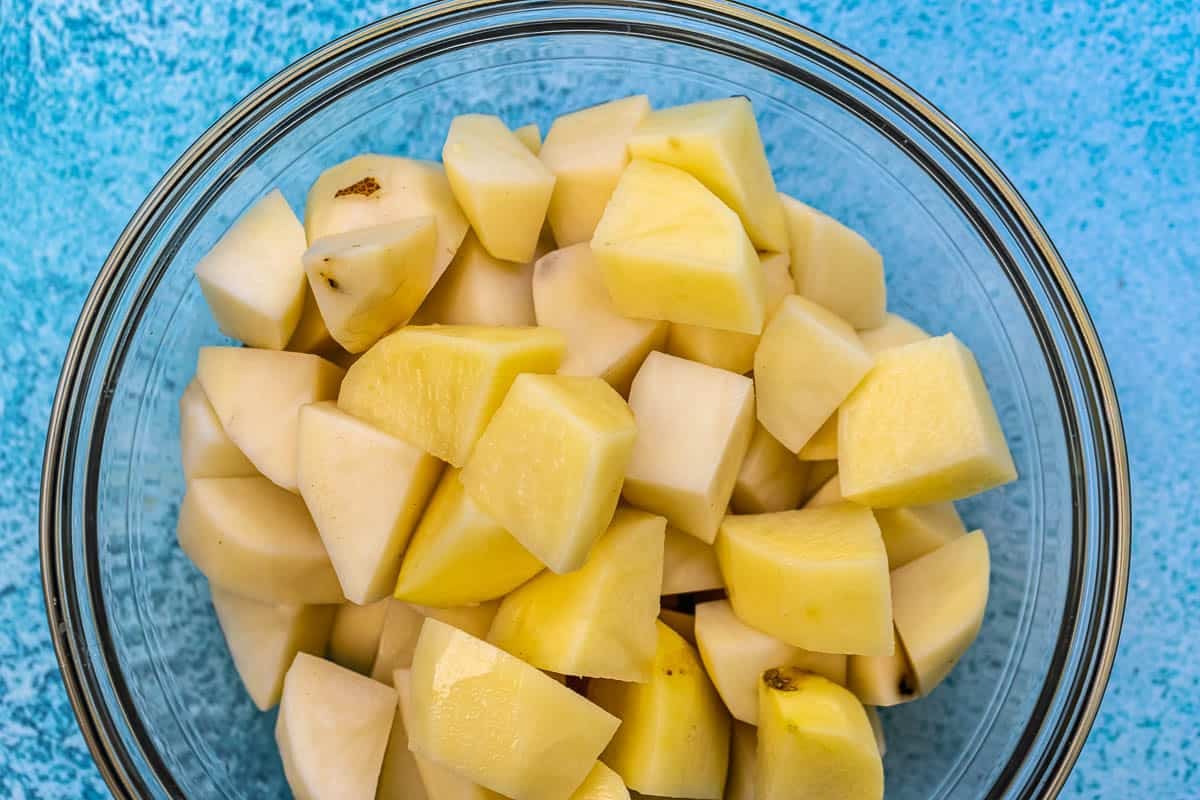
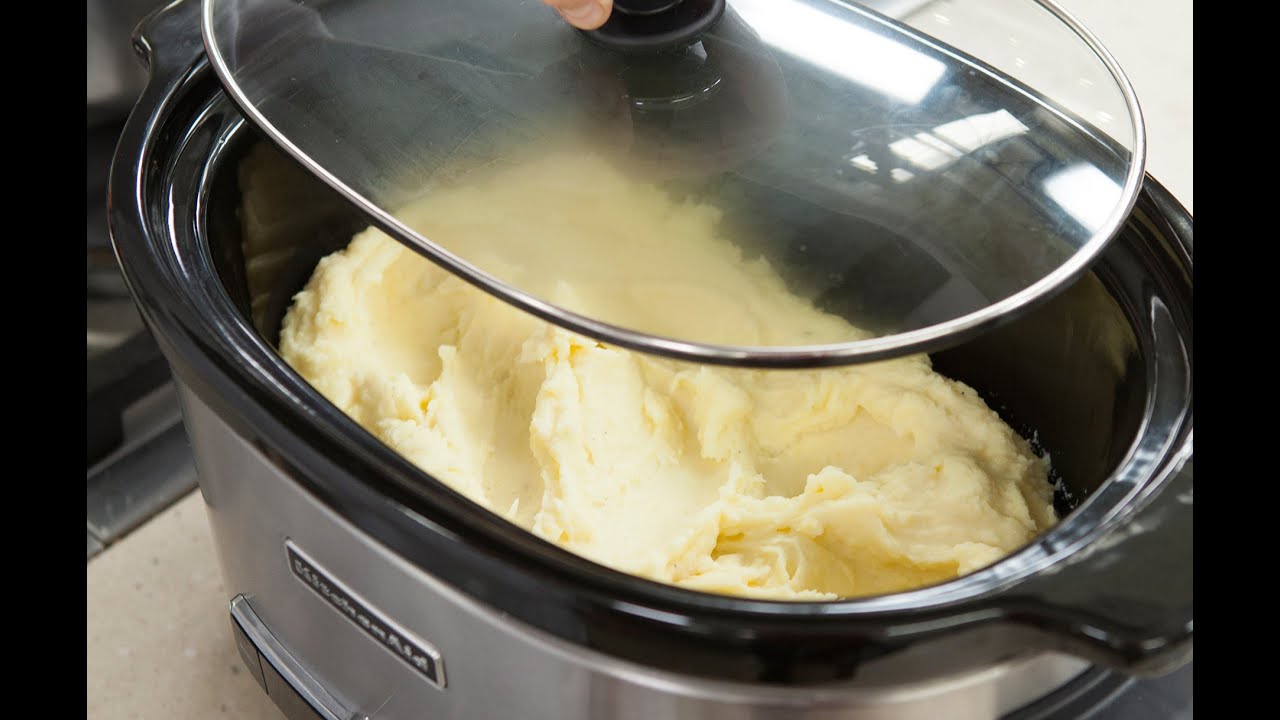
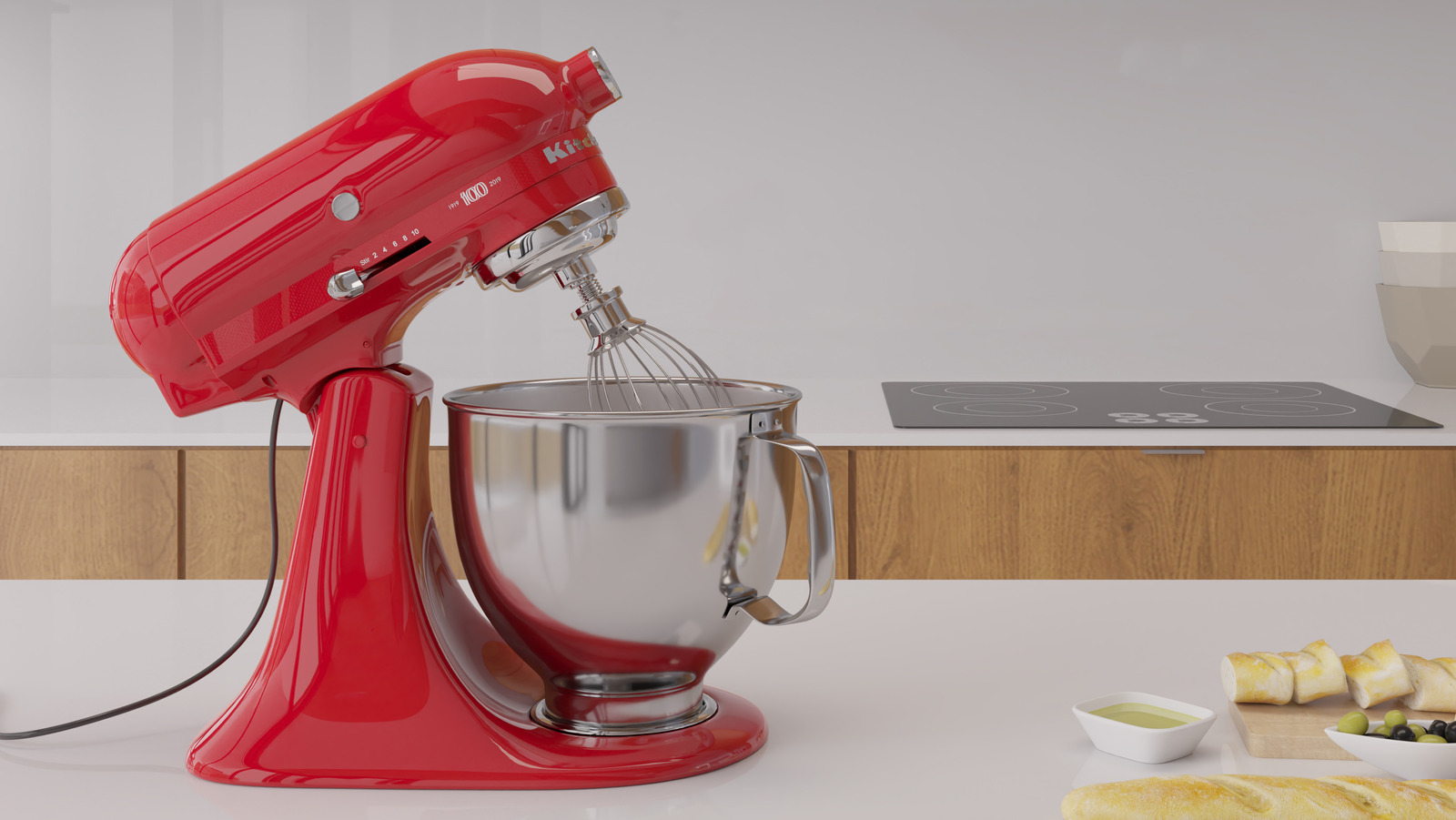
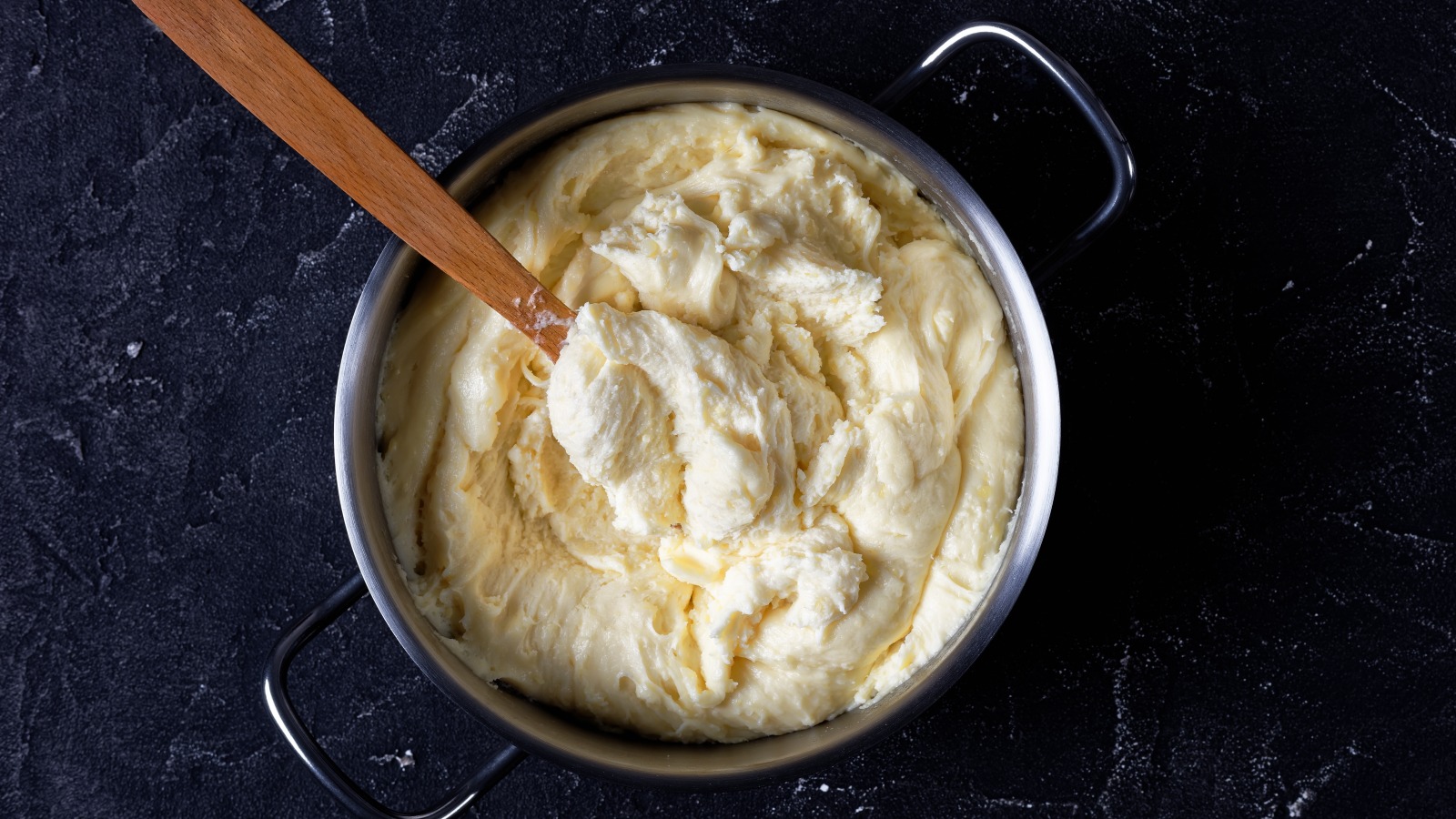
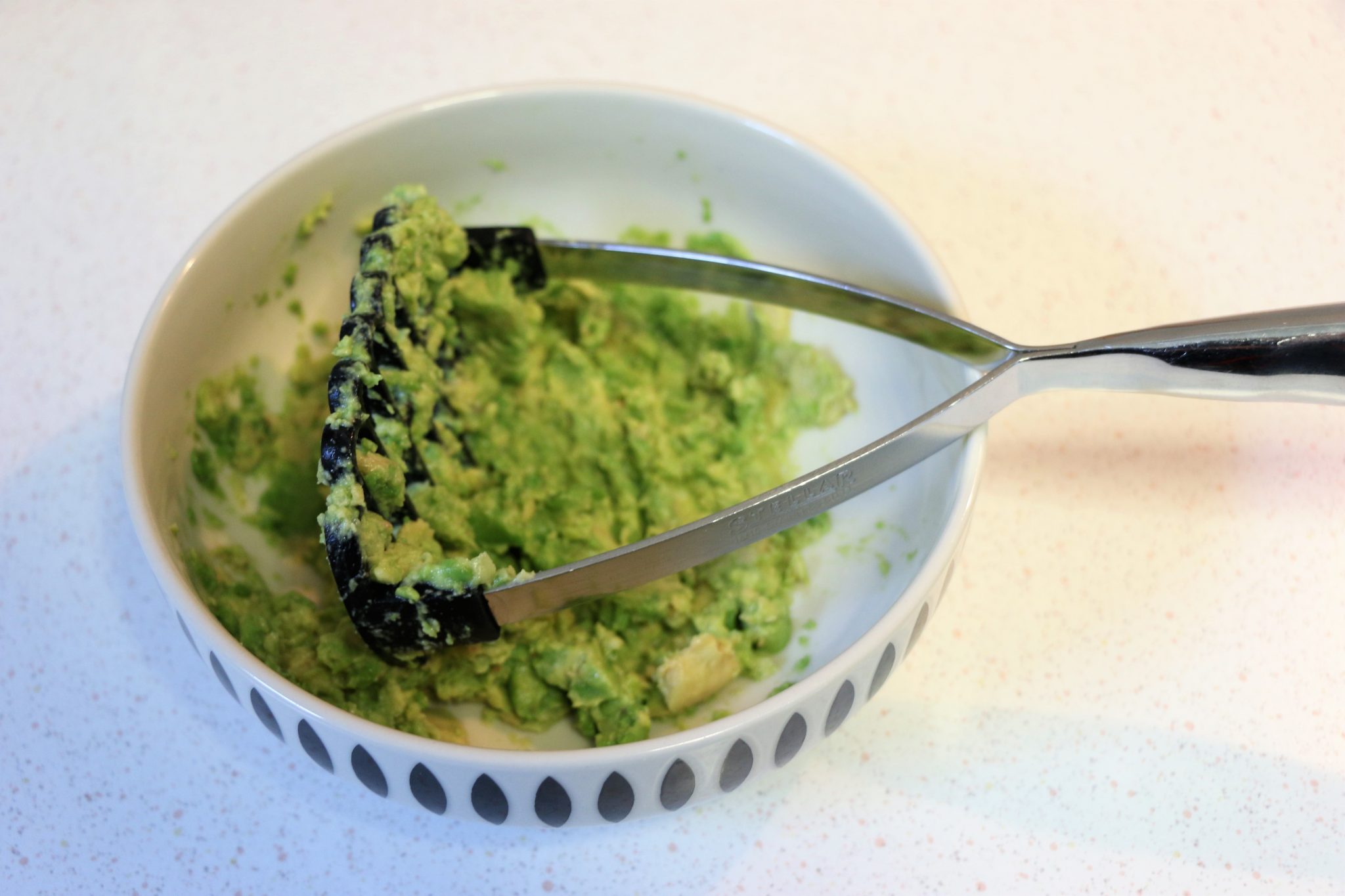
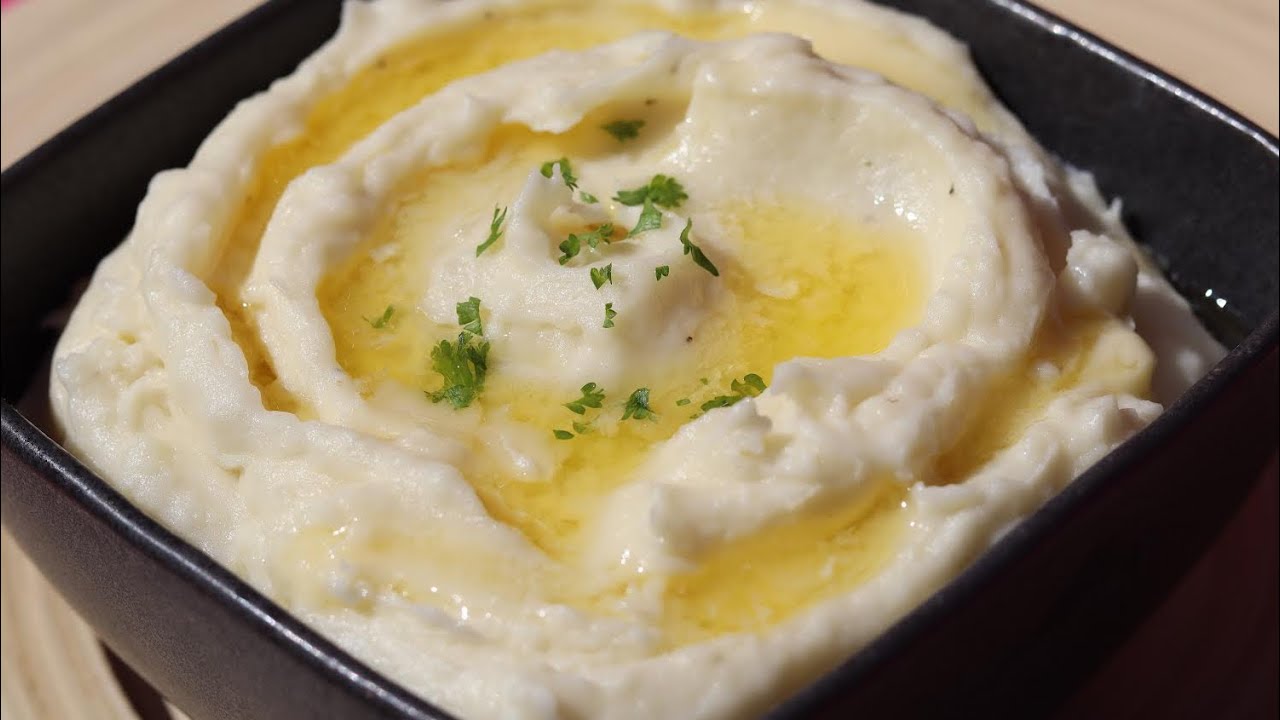
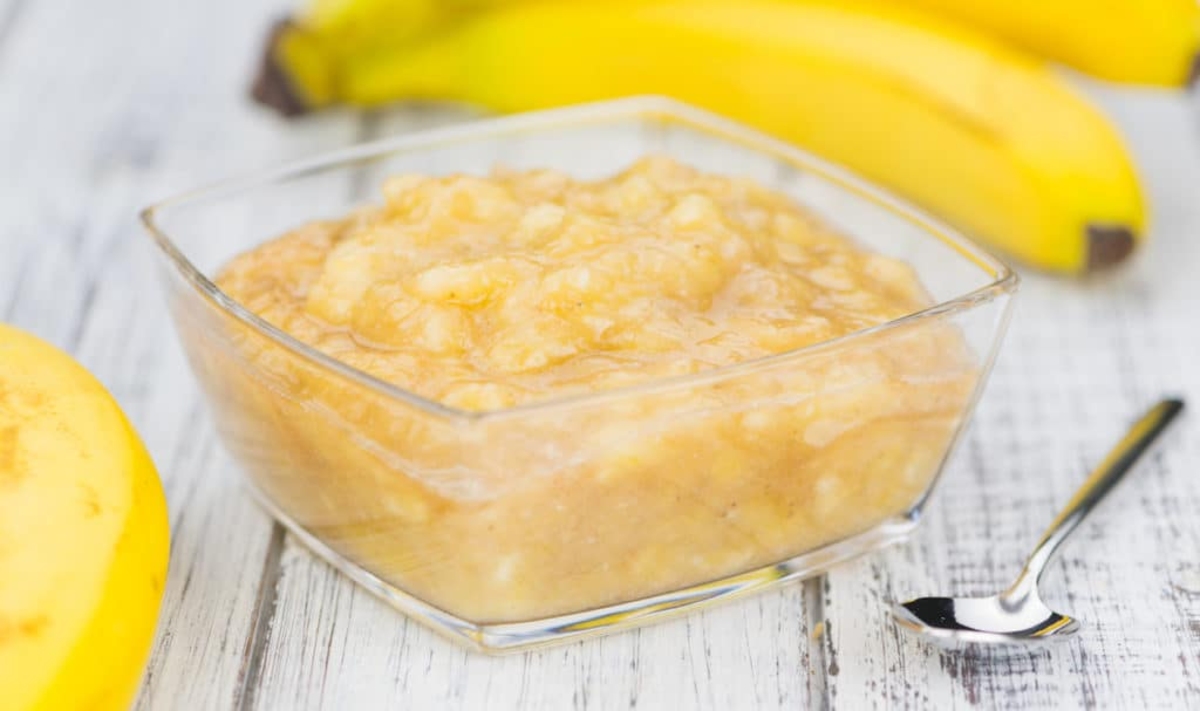
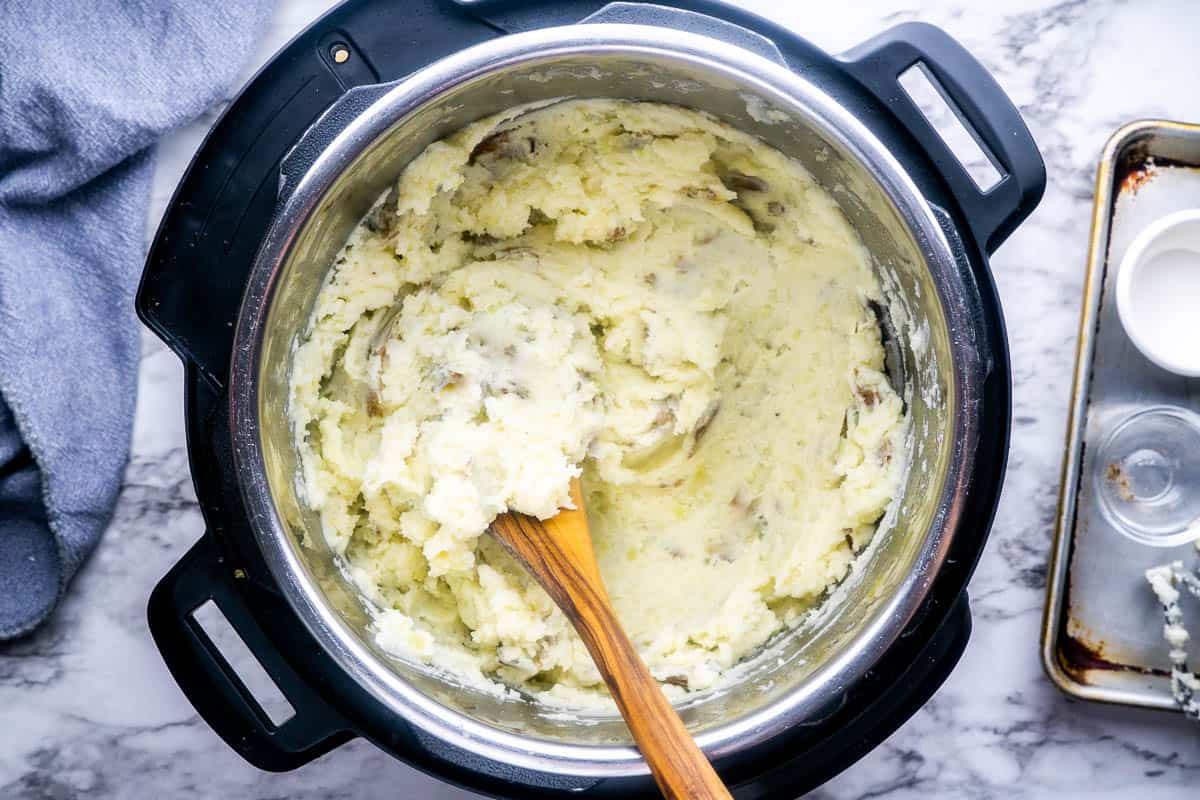
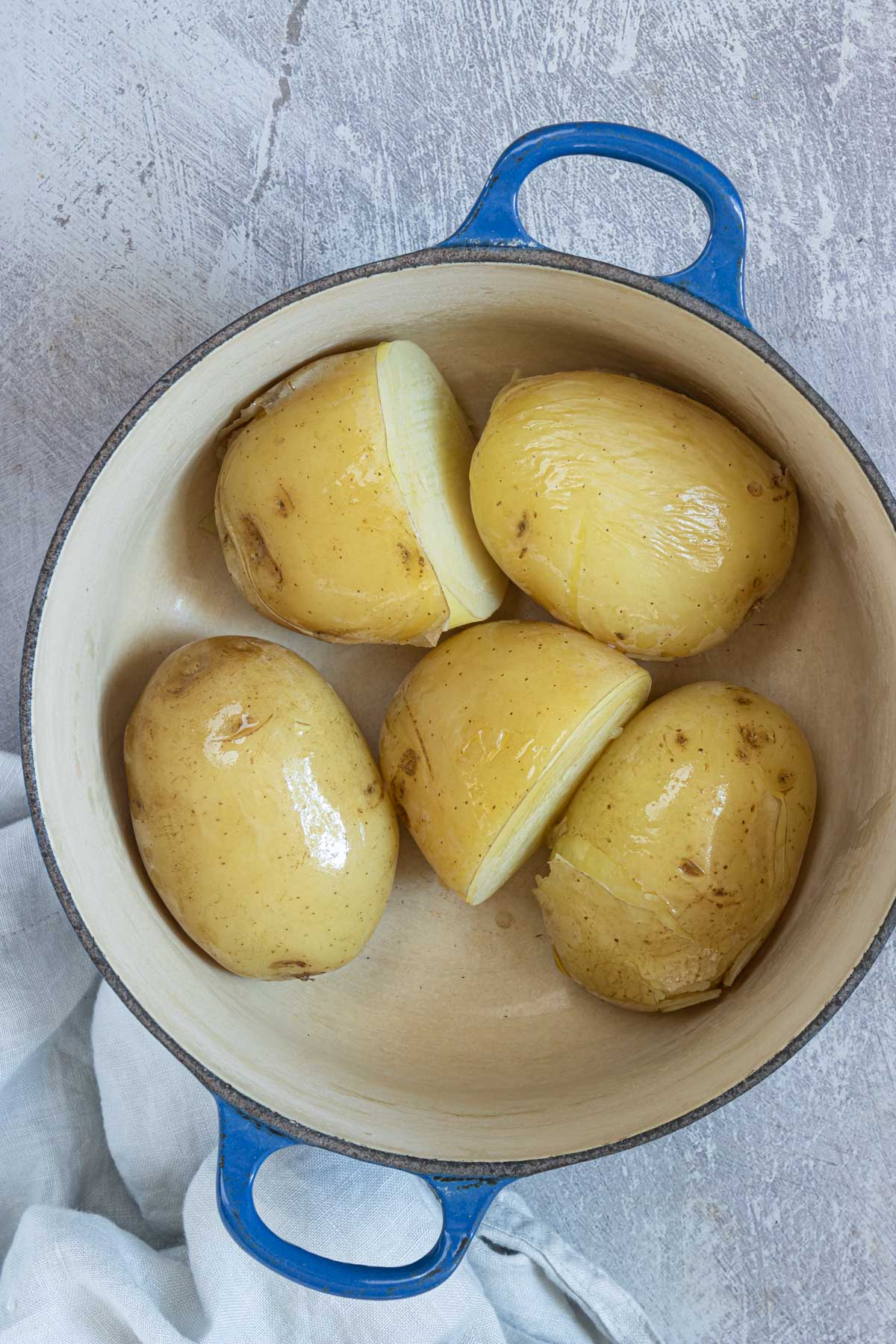

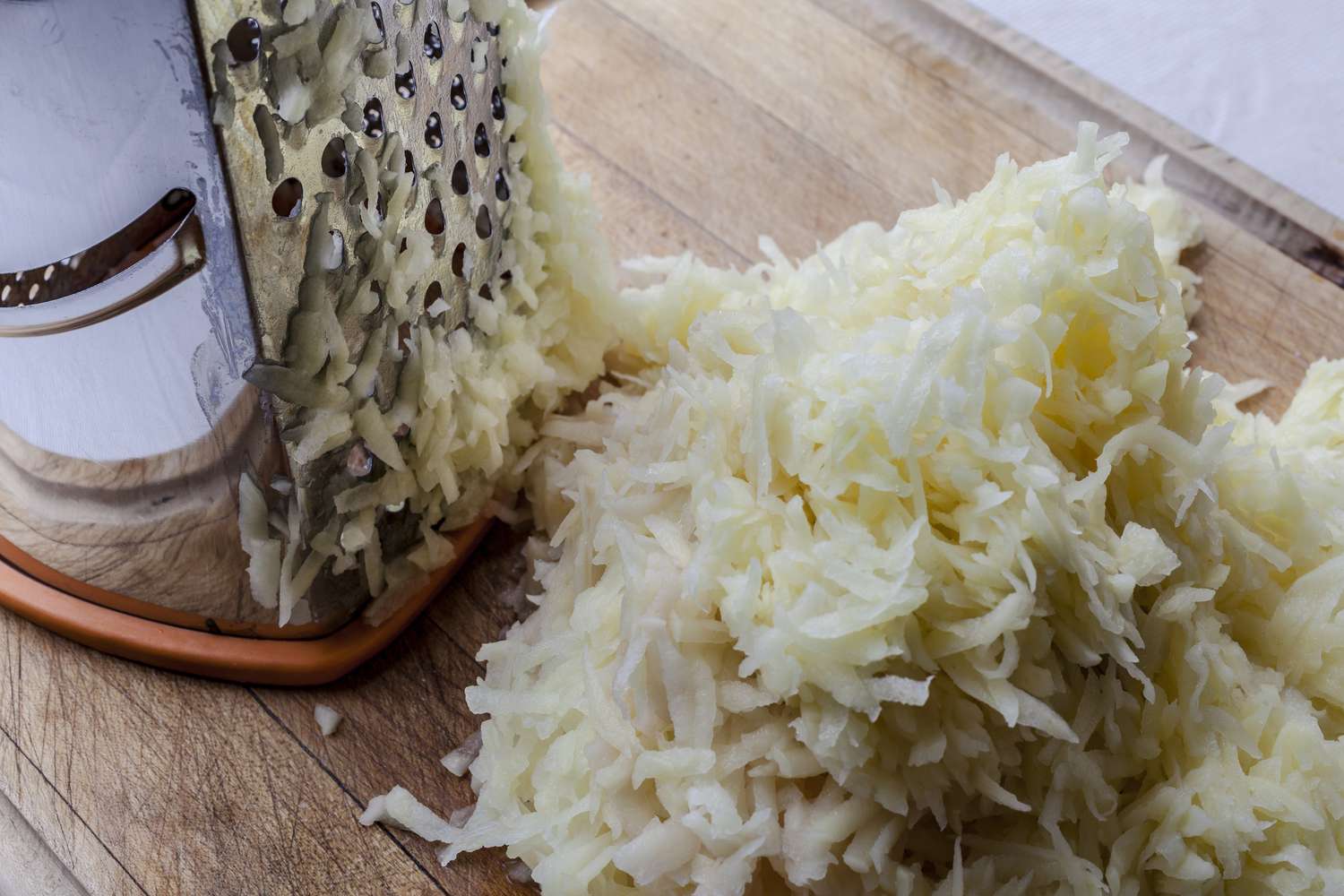
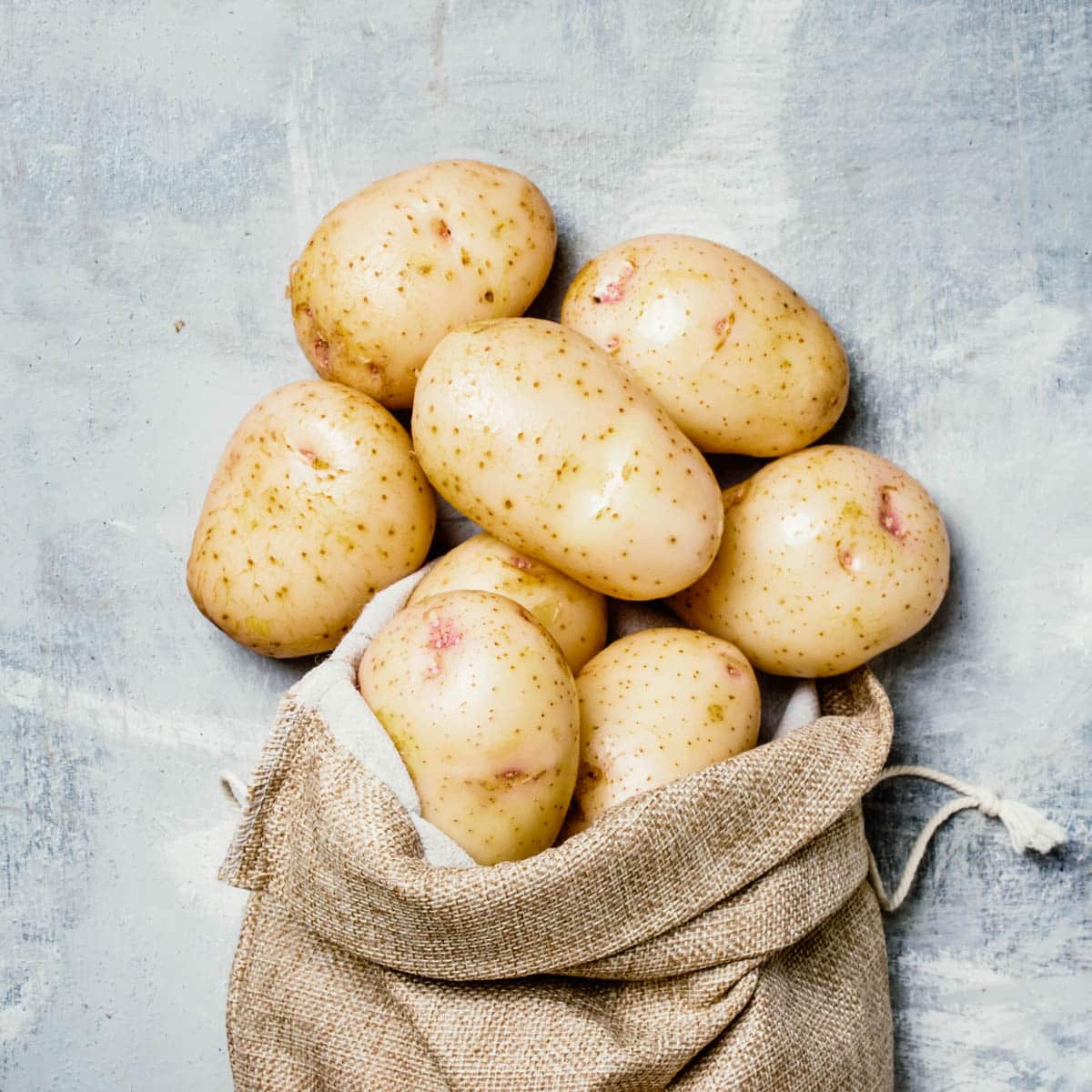
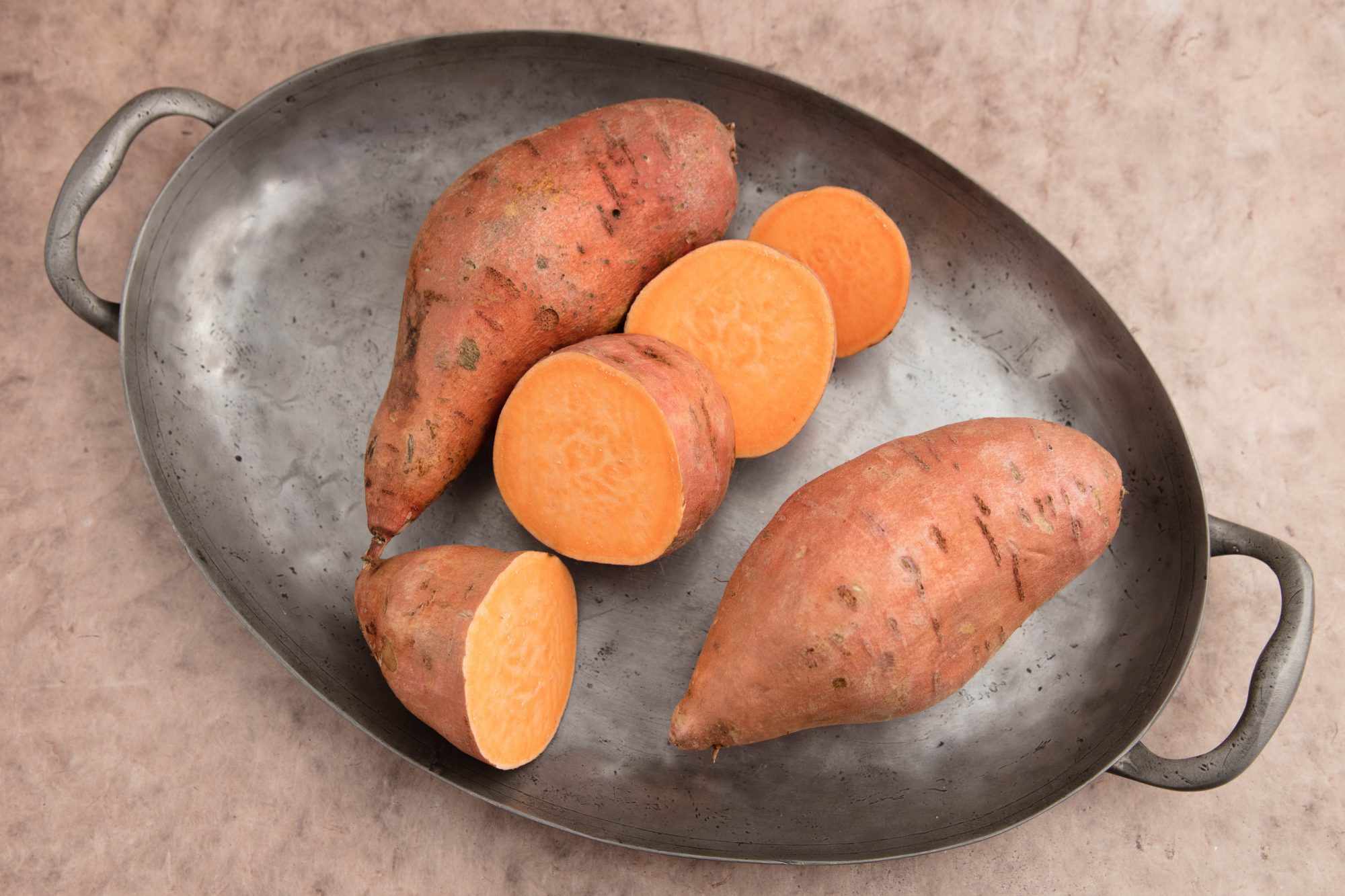
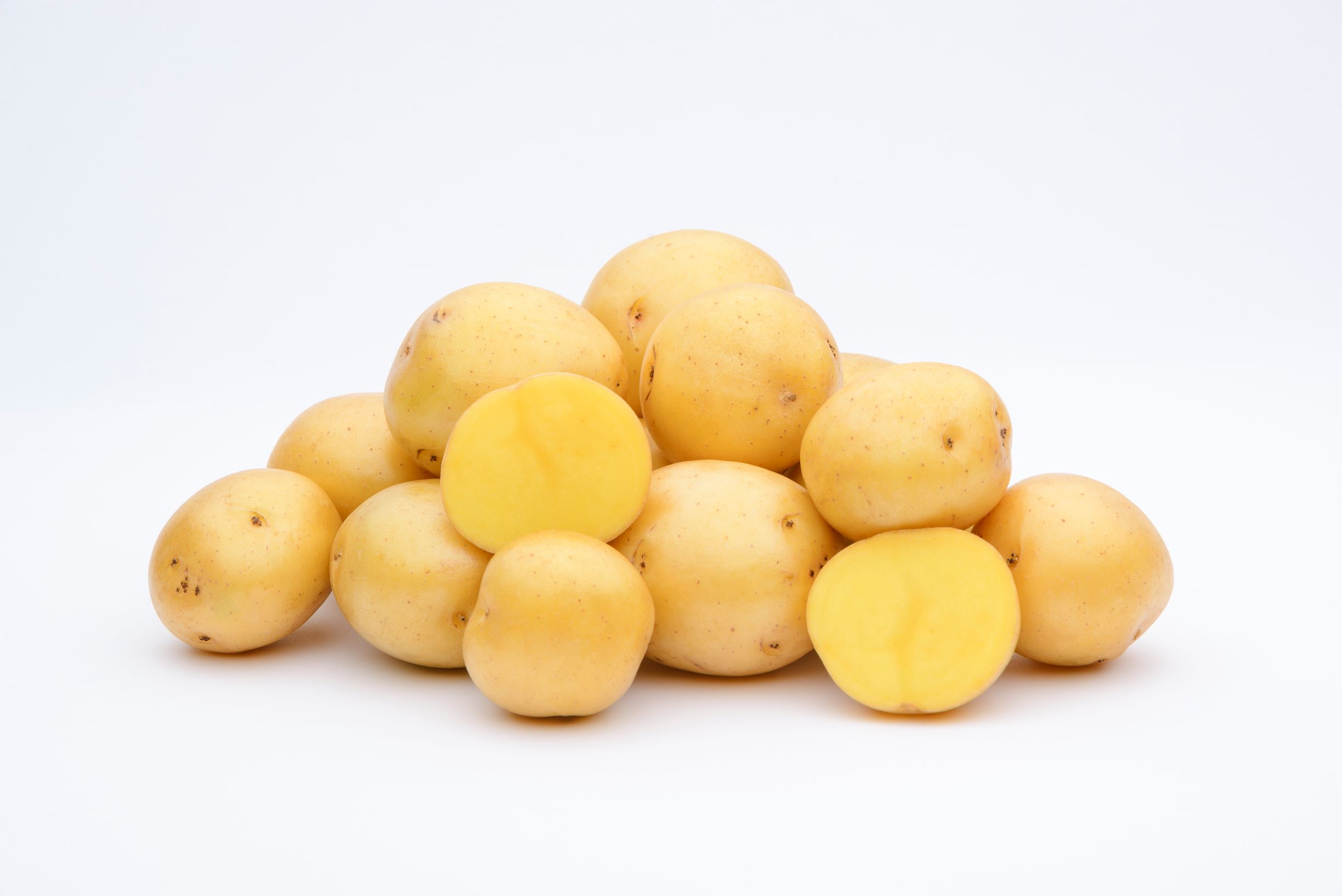

0 thoughts on “How To Store Mashed Potatoes In Fridge”